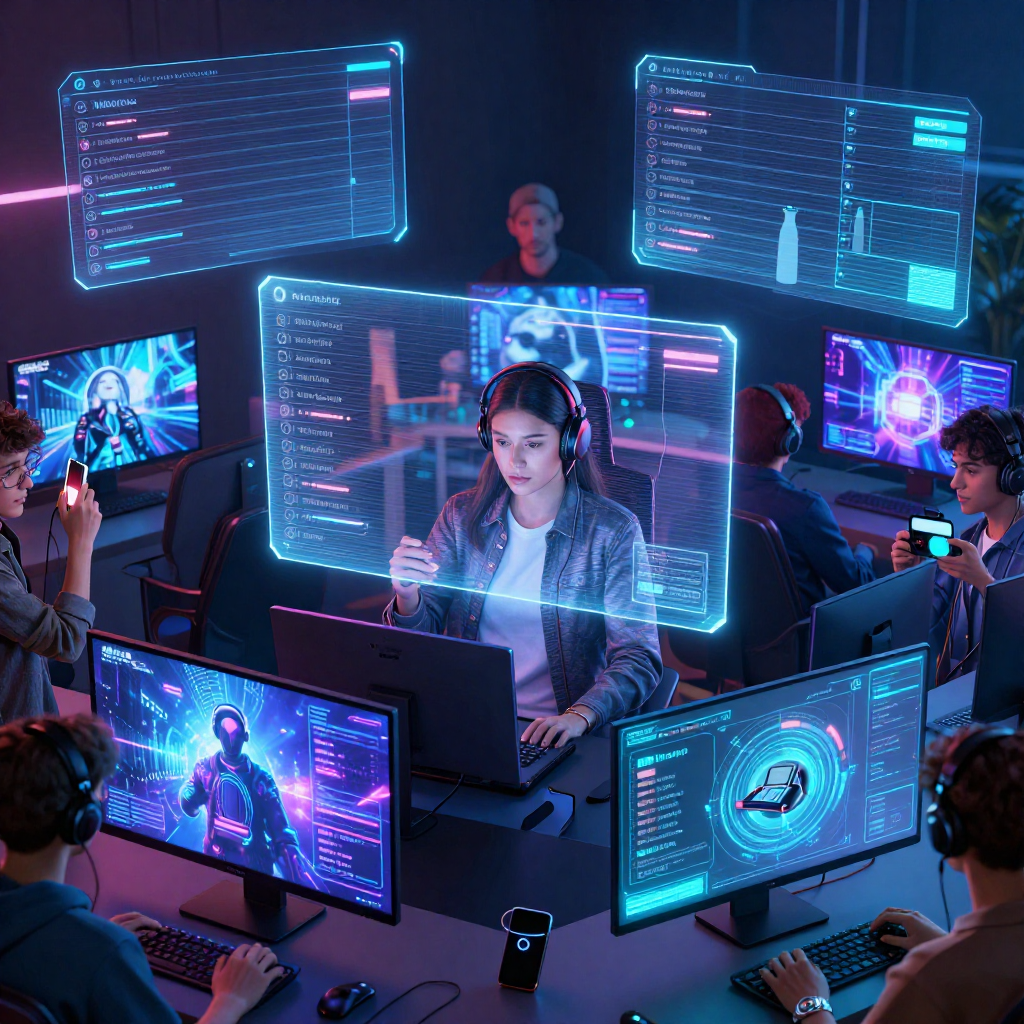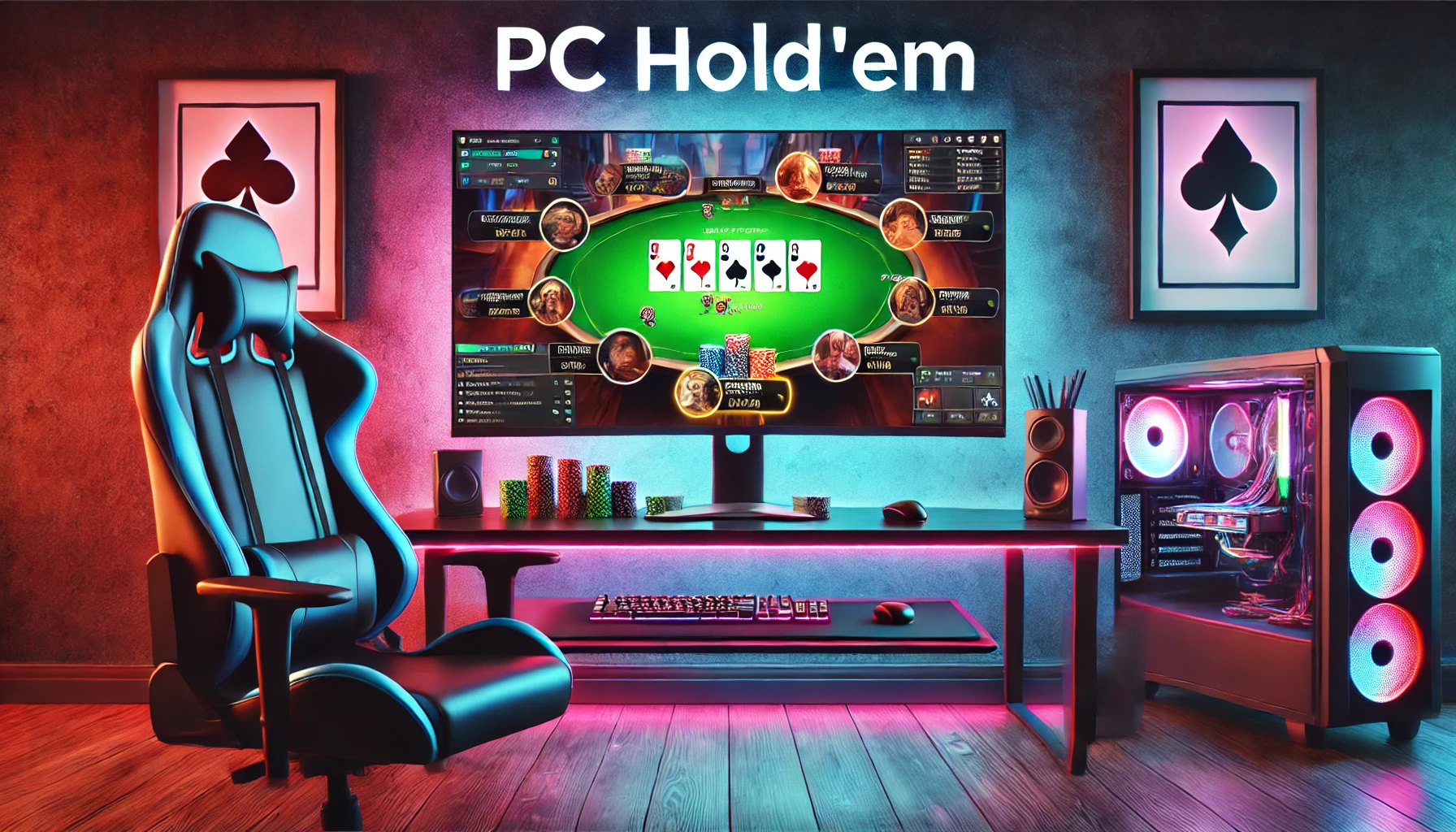The Dos and Don’ts of Competitive Online Gaming
Competitive online gaming has become a massive part of modern entertainment, attracting millions of players who want to test their skills against others around the world. While it can be exciting and rewarding, it also demands discipline, sportsmanship, and strategic thinking. Success in this environment requires more than just talent—it requires the right mindset and behavior. Understanding the dos and don’ts of competitive online gaming can help players improve their performance, build positive reputations, and enjoy the experience without unnecessary frustration or conflict.
One of the most important things to do in competitive gaming is to practice consistently. Skill development takes time, and regular practice sessions help build familiarity with game mechanics, maps, and strategies. Players who dedicate time to improving their abilities often find themselves progressing much faster than those who play only occasionally. Practicing also helps develop muscle memory and quick reaction times, which are vital in fast-paced competitive matches. Treating practice seriously can turn casual enjoyment into competitive excellence.
Another key aspect is maintaining good communication with teammates. Competitive games often rely on teamwork, and clear communication can make the difference between winning and losing. Using voice or text chat to share information, call out enemy positions, or coordinate tactics helps teams stay organized. Good communication should be respectful and concise, avoiding unnecessary arguments or distractions during matches. Building trust and cooperation within a team strengthens overall performance and creates a more enjoyable atmosphere for everyone involved.Get More Details About harley168.live
Players should also focus on maintaining a positive mindset, especially when facing defeats. Losses are a natural part of competitive gaming, and learning from them is crucial for growth. Instead of blaming teammates or making excuses, reviewing what went wrong and thinking about how to improve can turn setbacks into valuable lessons. Staying calm under pressure not only improves individual performance but also boosts team morale. A positive attitude can inspire teammates and keep the group focused even during challenging matches.
Respecting opponents is another vital part of competitive gaming. While competition can be intense, showing sportsmanship by congratulating opponents on a good match or avoiding toxic behavior goes a long way. Respectful players build better reputations in the gaming community and often form valuable connections with others. Toxicity, on the other hand, can lead to penalties, bans, or social isolation from competitive circles. Treating others well ensures a healthier and more enjoyable environment for everyone.
There are also several things players should avoid if they want to succeed in competitive gaming. One major don’t is neglecting physical and mental well-being. Long gaming sessions without breaks can lead to fatigue, poor concentration, and even burnout. Taking regular breaks, staying hydrated, and maintaining a healthy lifestyle outside of gaming can significantly improve performance. Competitive gaming should enhance life, not negatively impact it, and balance is essential to prevent exhaustion or frustration from taking over.
Another don’t is relying too heavily on blaming others for failures. In team-based games, it can be tempting to point fingers when things go wrong, but this behavior damages team chemistry and prevents personal improvement. Accepting responsibility for mistakes and striving to do better next time builds resilience and shows maturity. Growth comes from self-reflection, not from assigning blame.
Players should also avoid cheating or exploiting unfair advantages. Cheating might offer short-term wins, but it destroys the integrity of competition and often leads to bans or permanent account suspensions. Competitive gaming thrives on fair play, and earning victories honestly brings much more satisfaction than winning through dishonesty. Respecting the rules keeps the competition meaningful and rewarding.
Lastly, players should avoid letting negative emotions control their actions. Rage quitting, insulting others, or acting impulsively during frustration can harm reputations and disrupt the experience for others. Learning to stay composed, even when things go badly, is a valuable skill that separates great competitors from average ones. Emotional control can keep players focused on improvement rather than letting anger interfere with progress.
Competitive online gaming can be one of the most thrilling and fulfilling experiences when approached with the right mindset. By practicing consistently, communicating clearly, staying positive, and showing respect, players can thrive in the competitive scene. At the same time, avoiding toxicity, neglect, blame, and cheating ensures a healthier and more rewarding experience. Embracing these dos and don’ts helps players not only win more games but also enjoy the journey of becoming better, stronger, and more respected competitors in the online gaming world.



Post Comment